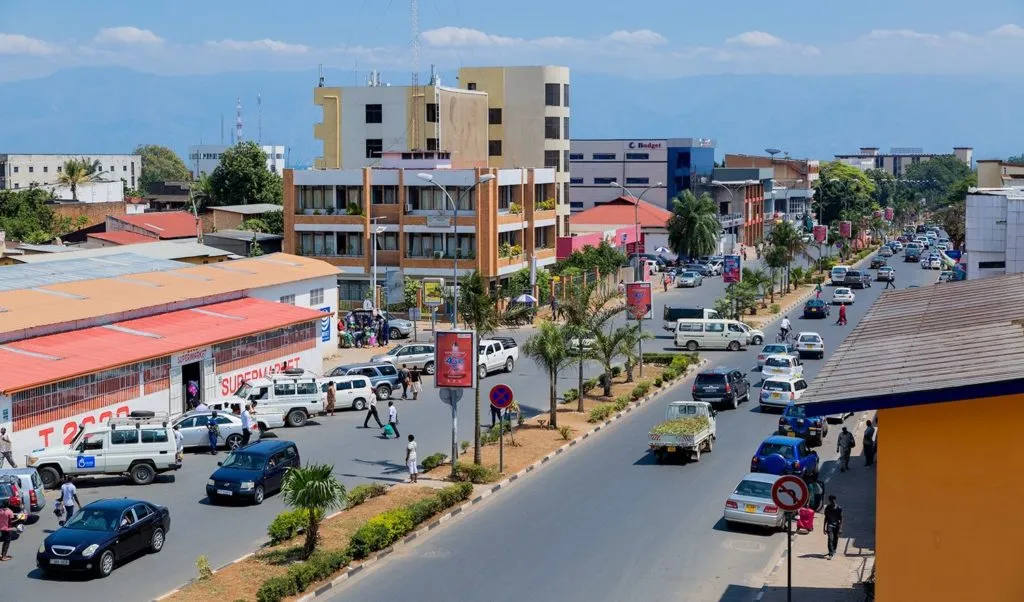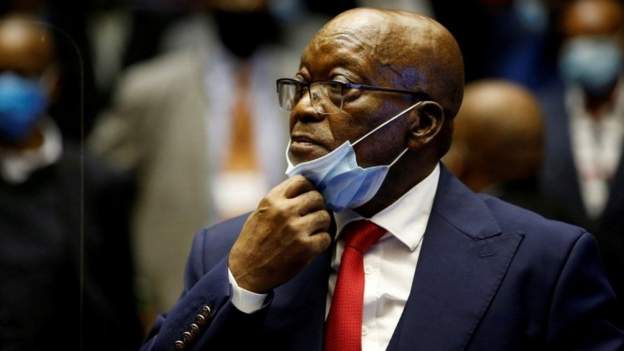News Africa
Burundi fears Russia’s geopolitical confrontation in Africa

Late May the Russian Foreign Minister Sergey Lavrov made a stopover in Bujumbura, capital of Burundi, among others. Lavrov has been very frequent with travels to Africa, pushing anti-Western fight intended to partition Africa. Confrontation has sharply divided Africa and threatens its unity that was attained leading to the establishment of OAU now African Union.
Lavrov’s biggest geopolitical tasks on these trips include highlighting the his multipolar processes, the role of African leaders in this and what Russia can concretely offer Africa beyond those ancient rhetoric of Soviet-era assistance rendered during the political liberation struggle in the 50s and 60s. What Africa’s needs now is economic transformation and this must necessarily be linked to interested external players in the continent.
Russia and Africa have traditionally maintained friendship from Soviet times. But African leadership takes a balanced position and favors expanding economic and humanitarian ties with Russia. It appreciates Russia’s renewed interested in Africa, especially if only the renewed interest supports the expected sustainable economic development.
The world is changing with new global players crafting their own models to engage with Africa. In any case, Africa has the constitutional right and the opportunity to leverage on the interest from the West and emerging global actors to craft suitable investment models that can lead to efficient intra-African infrastructure development and whatever on the continent, and further determine ways of boosting investment in sectors such as energy security, agriculture, industry, modernising technology, and information and communication technologies.
Within this context, African leaders are carefully differentiating between geopolitics and economic issues. Burundi President Evariste Ndayishimiye underlined the fact that his country unreservedly maintains a neutral stance on the Russia-Ukraine conflict, even as it hosted Moscow’s top diplomat Sergey Lavrov. Russia invaded Ukraine in February last year. And while some nations have condemned the invasion, others like Burundi say they won’t be taking sides. It will back peaceful means of resolving the conflict.
“Burundi decided to be on the side of the solution and not on the side of problems…Burundi, like any other country, is sovereign, and we choose partners for the interest of our people,” Foreign Affairs Minister Albert Shingiro said after a closed-door meeting with Lavrov in Bujumbura.
“Burundi advises parties in conflict to embrace dialogue as soon as possible …as the President (Evariste Ndayishimiye), who is the diplomat-in-chief of this country, has opted as the path of our foreign policy. All countries all over the world are our friends,” said Shingiro.
The visit by Lavrov is the first of a top official from Russia to the country in 60 years. But it comes against the backdrop of continued campaigns by Russia to retain friends and allies in Africa. Isolated in the West for the Ukrainian invasion, Moscow has invested in a diplomatic charm offensive elsewhere, especially in Africa and Asia.
Lavrov has visited four times since the war began. And a majority of African countries have refused to condemn or even vote against Moscow in the UN General Assembly and the UN Security Council meetings. “We highly appreciate the neutral and responsible position of Burundi and especially the fact that Burundi understands the root causes of this conflict. As far as the causes are concerned, the causes are as follows: The West uses Ukraine to make threats against Russia,” said Lavrov at the joint press briefing.
The West steps on people’s rights, especially those at the border with Russia and those that have embraced Russian culture. Lavrov and President Ndayishimiye also held a closed-door meeting in Bujumbura. The main result was the preparation of an inter-governmental agreement between Russia and Burundi on civilian nuclear energy is in its final stage.
“We positively assessed the recently intensified steps to undertake in a number of areas. The roadmap on nuclear energy has already been signed between Russian state energy corporation (Rosatom) and its Burundian partners,” Lavrov said.
His visit came hot on the heels of Ukrainian Foreign Minister Dmytro Kuleba Africa trip, presenting his country’s ten-point agenda for peace. The plan includes global food security, radiation and nuclear safety, energy security and the release of all prisoners and deportees. Lavrov later flew to South Africa for a ministerial meeting of members of the BRICS bloc – Brazil, Russia, India, China and South Africa.
Source: Thepressradio.com|Kestér Kenn Klomegâh





